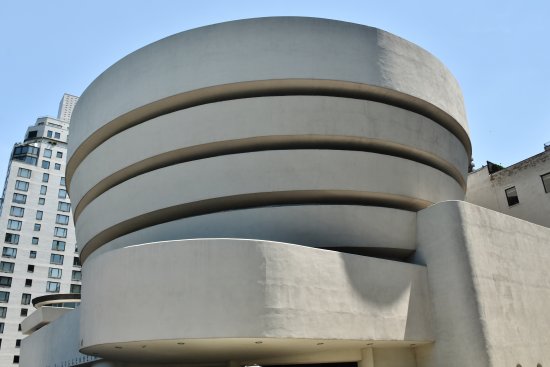
A Change.org petition demanding the pieces' removal received nearly 600,000 signatures in five days
The Guggenheim Museum in New York City is removing three works from its upcoming exhibition of contemporary Chinese art, following unrelenting pressure from animal rights activists who say the pieces, all of which involve animals, are guilty of inflicting cruelty in the name of art.
In a statement released Monday, the museum said it had decided against showing the works due to safety concerns. “The Guggenheim regrets that explicit and repeated threats of violence have made our decision necessary,” the statement said.
The works involved — Dogs That Cannot Touch Each Other (2003), Theater of the World (1993) and A Case Study of Transference (1994) — would have been part of the Art and China after 1989: Theatre of the World exhibition, which showcases 150 pieces of Chinese experimental art between 1989 and 2008.
But the museum faced massive public backlash, in particular for Sun Yuan and Peng Yu’s work Dogs That Cannot Touch Each Other, which features a video of four sets of pit bull dogs trying to charge at each other. The dogs are tethered to wooden treadmills so never touch, reports the New York Times.
Animal rights activists denounced the works as “distinct instances of unmistakable cruelty against animals in the name of art.”
“Let [Guggenheim] know that animal cruelty holds no place in art in the United States, nor should it anywhere in the world,” reads a Change.org petition demanding the exhibit’s removal. It has received nearly 600,000 signatures within five days.
The other works now dropped from the exhibition feature a video of two pigs having sex in front of an audience in Xu Boing’s A Case Study of Transference, and in Huang Yong Ping’s Theater of the World, hundreds of live insects and reptiles live, eat each other and die, in a wooden structure under heated lamps.
“As an arts institution committed to presenting a multiplicity of voices, we are dismayed that we must withhold works of art. Freedom of expression has always been and will remain a paramount value of the Guggenheim,” the museum said.